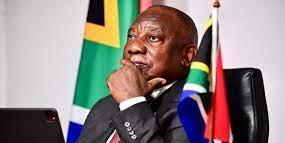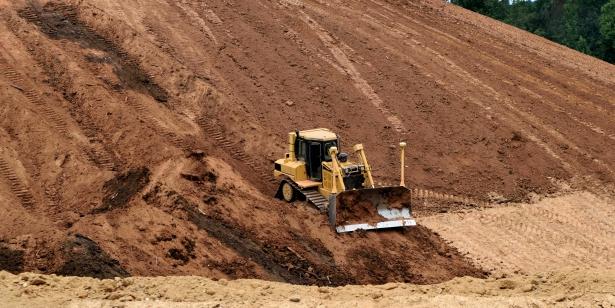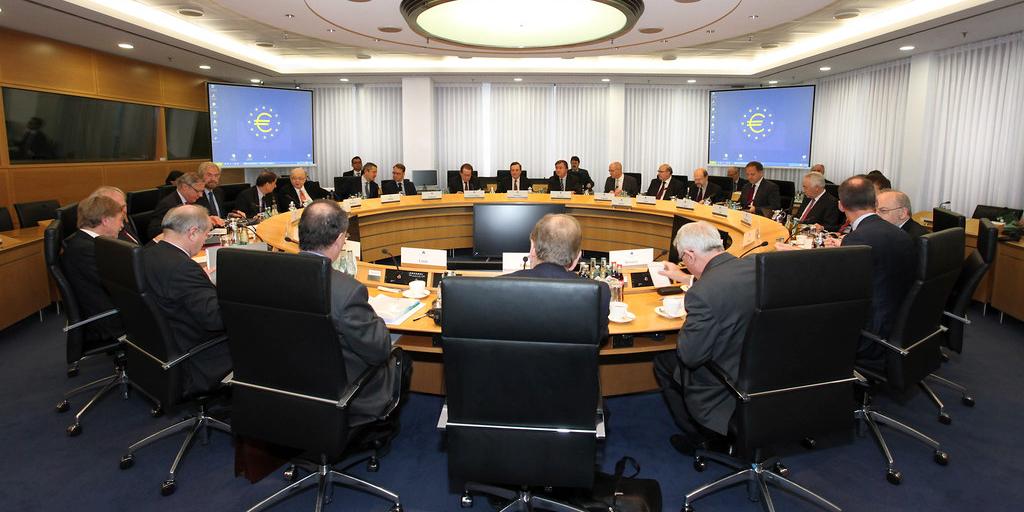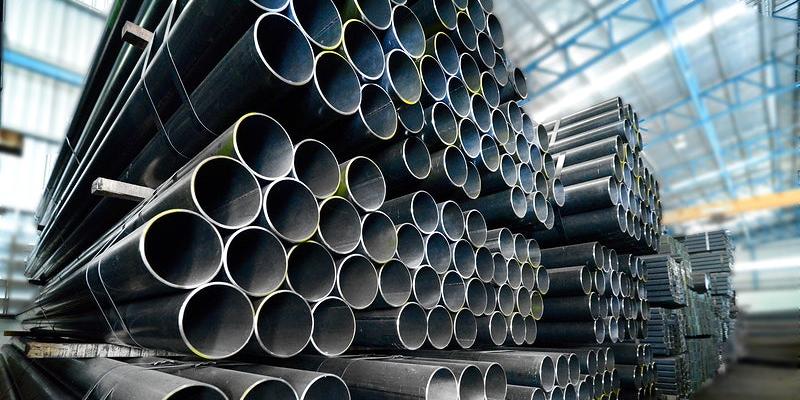South Africa : CEO slams ‘backwards’ protests – as Ramaphosa deploys the army
- 21 March 2023 / News / 356 / Admin-23

The Economic Freedom Fighters (EFF), in partnership with the South African Federation of Trade Unions (SAFTU), are embarking on a nationwide protest on Monday (20 March), calling for President Cyril Ramaphosa to resign and an end to load shedding.
The CEO of Business Leadership South Africa (BLSA), Busi Mavuso, said that calls for a national shutdown are ‘massively counterproductive‘ to the effort being put in to get the economy back on track and bringing an end to load shedding.
“Threats to businesses, many of which are struggling to ovrcome the challenges they already face from a weak economy and energy insecurity, add to the already negative business sentiment,” Mavuso said.
Threats hurry foreign investors out of the country and make domestic investors reconsider putting their money back into the country. They also make employees, customers, and key supplies stay away from the business, she said.
“None of that solves any of our problems,” Mavuso said. “While those calling for a shutdown claim to care about developing our country, their actions have the opposite effect.”
The CEO said that the calls for a national shutdown are a political tactic that clashes with South Africa’s democratic dispensation. She added that organised labour has been hijacked for political purposes – undermining legitimate motives that workers may actually have.
Businesses also have had to think about how to operate today, said Mavuso.
“The threats of intimidation and the risks that have been created for staff and customers have already made it difficult to do business as normal”
Mavuso said that many businesses are lucky that they are now better equipped for remote work.
According to a recent BusinessTech poll with over 5,800 responses, the majority of respondents are still working this Monday, with a fairly equal split between those heading into the office and others staying at home:Army deployed
The strikes follow recent political scandals surrounding Ramaphosa and an unreported theft at his Phala Phala farm, where foreign currency – allegedly stashed in his couch – was stolen.
South African citizens across the country have also faced rolling blackouts every day this year, with the embattled power utility Eskom struggling to keep the lights on.
Businesses at large, not wishing for a repeat of the 2021 July riots in KwaZulu Natal and parts of Gauteng, are anxious about the protests.
To counter these anxieties, security forces, including the SAPS, private security and even the army, have been placed on high alert to respond to any acts of violence and criminality that may occur.
The president deployed the South African National Defence Force (SANDF) between 17 March to 17 April. Roughly 3,000 army members have been deployed in accordance with the country’s Constitution.
These security forces have already dispersed crowds and cleared up blockages of roads and highways, removing burnings tyres, rocks and other rubble intended to shut down travel. However, incidents of protesters throwing rocks at vehicles and closing roads are still being reported.
Over 24,000 tyres have been found and impounded by the SAPS, including the vehicles that have been transporting them.
In his weekly letter to the public, Ramaphosa said that, while protesters have the right to protest, they cannot infringe on the rights of others.
“One person’s right to protest should in no way infringe on any other person’s right to life and dignity. It should not impede their freedom of movement and association, or their right to engage in their trade or profession without hindrance,” he said.
“The Constitution is clear that the state must ‘respect, protect, promote and fulfil’ all the freedoms contained in the Bill of Rights. Therefore, just as the state has a duty to uphold the right to peaceful protest, it has a responsibility to prevent any attempt to violate any of the other rights in the Constitution.”
The president said that in fulfilment of its constitutional responsibility to protect the rights of all people, the government will have measures in place to ensure that everyone who wants to go to work, travel for leisure and conduct business can do so in a safe and secure environment.
“These measures include the deployment of our security personnel across the country to ensure that law is observed.”
While the right to protest is protected, certain acts are prohibited. These include:
- Shutting down schools, retail stores, businesses, trade and public roads
- Instigating, calling for and organising the blocking of roads
- Participating in or inciting others to participate in illegal and unlawful conduct
- Participating in or inciting others to participate in violence
It is currently unknown exactly where the protests will occur; however, the police have earmarked a handful of locations across Gauteng, such as political hubs, universities and business districts.
Businesses have indicated that they will remain open today.
However, Tebello Mosikili, the deputy national police commissioner, has urged travellers to remain cautious and factor in taking extra time to get where one needs to go.
source: businesstech
 English
English
 français
français
 العربية
العربية







